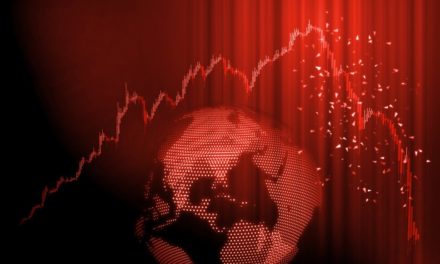A small hedge fund based out of Singapore is killing it in 2019, boosting its portfolio by 278% since Jan. 1, according to Bloomberg.
Chong Chin Eai manages the Vanda Global Fund, valued at around $194 million, which specializes in more risky exchange-traded futures where an investor is under contract to buy or sell shares at an agreed upon future date. Exchange-traded futures are based on existing ETFs, which focus on a specific selection of assets. Chong’s hedge fund specializes in commodities, equities and government bonds.
The risk of this strategy can be seen in Vanda’s portfolio history, which rose a massive 260% in 2017 only to fall by 49% in 2018.
But Chong likes the challenge. He started the hedge fund around three years ago with friends and family contributing $24 million. The fund cratered 50% after Donald Trump was elected president and the stock market tanked, which led Chong to consider closing the fund and paying his investors back out of his own pocket. But he pushed forward — and it’s paying off.
“A lot of fund managers would’ve just given up after six months to start a brand new track record,” Chong said in an interview with Bloomberg. “But I wanted to show investors the flow of the fund and the growth of the fund, both in terms of the performance and also in myself.”
Vanda, which trades on the Swiss-Asia Asset Management’s fund management platform, only has between 10 and 15 investors. But the hedge fund is looking for more capital with a goal to raise an additional $20 million in the next year.
Investors looking to join the hedge fund can expect a 2% annual management fee and a 20% performance fee if investing more than $1 million. That fee goes up to 2.5% and 25% respectively for “Class B” subscribers investing the minimum $250,000.
In an effort to fight some of the market volatility, Chong turns to highly liquid money market accounts with relatively low earning interest rates. He will have as much as half of the fund in those accounts at any given time, he told Bloomberg.
“My target is to reach $500 million by the time I reach 50, so that’ll be in about four years,” he said. “I think I can do it, it’s just a matter of time.”




